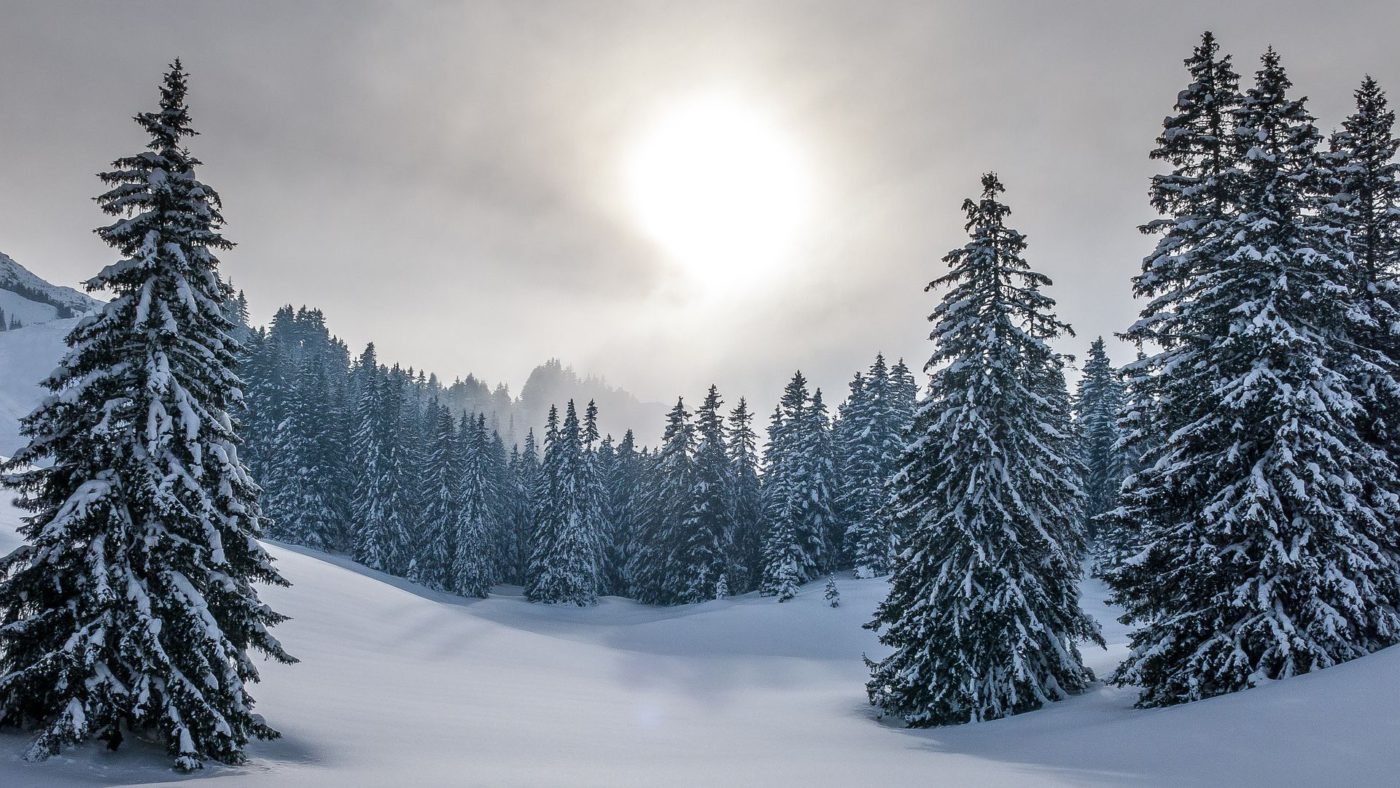News
Sleep and the winter solstice
December 21st marks the shortest day of the year, otherwise known as the winter solstice. What does this mean for your sleep?
The winter solstice occurs when the amount of daylight is the shortest it will be all year based on how the sun moves around the earth. If the lack of daylight is already starting to feel like a nuisance, be prepared for that day to feel a little “darker” than normal.
How the winter solstice can affect your sleep
Although it may be easy to think that darkness outside means better sleep, this is not necessarily the case. Your internal clock, also known as your circadian rhythm, relies on a 24-hour clock, which can be thrown off from the daylight outside (or lack of), making it more difficult to sleep. Insomnia is very common from this, and you may also find that it takes you longer to fall asleep as well.
Also, it is perfectly normal for you to feel a little more tired and fatigued than normal during the daytime hours thanks to the lack of daylight. You may also find yourself feeling a little moody and unmotivated from the lack of daylight, which in turn can affect your sleep.
A few tips to beat the winter blues
Try and get outside during the daytime when it is light out, as your circadian rhythm can be improved from exposure to sunlight. While this may not be possible every day, there are daylight lamps that may help with this.
Avoiding technology before bed is also important for sleeping better. The blue light from your cell phone can disrupt your circadian rhythm and make it difficult to fall and stay asleep. Experts recommend doing stretches before bedtime to help you feel relaxed.
A few other things that will help include reading a book before bedtime, using a sleep mask, keeping the temperature of your room on the cool side and using blackout curtains to help you sleep better.



